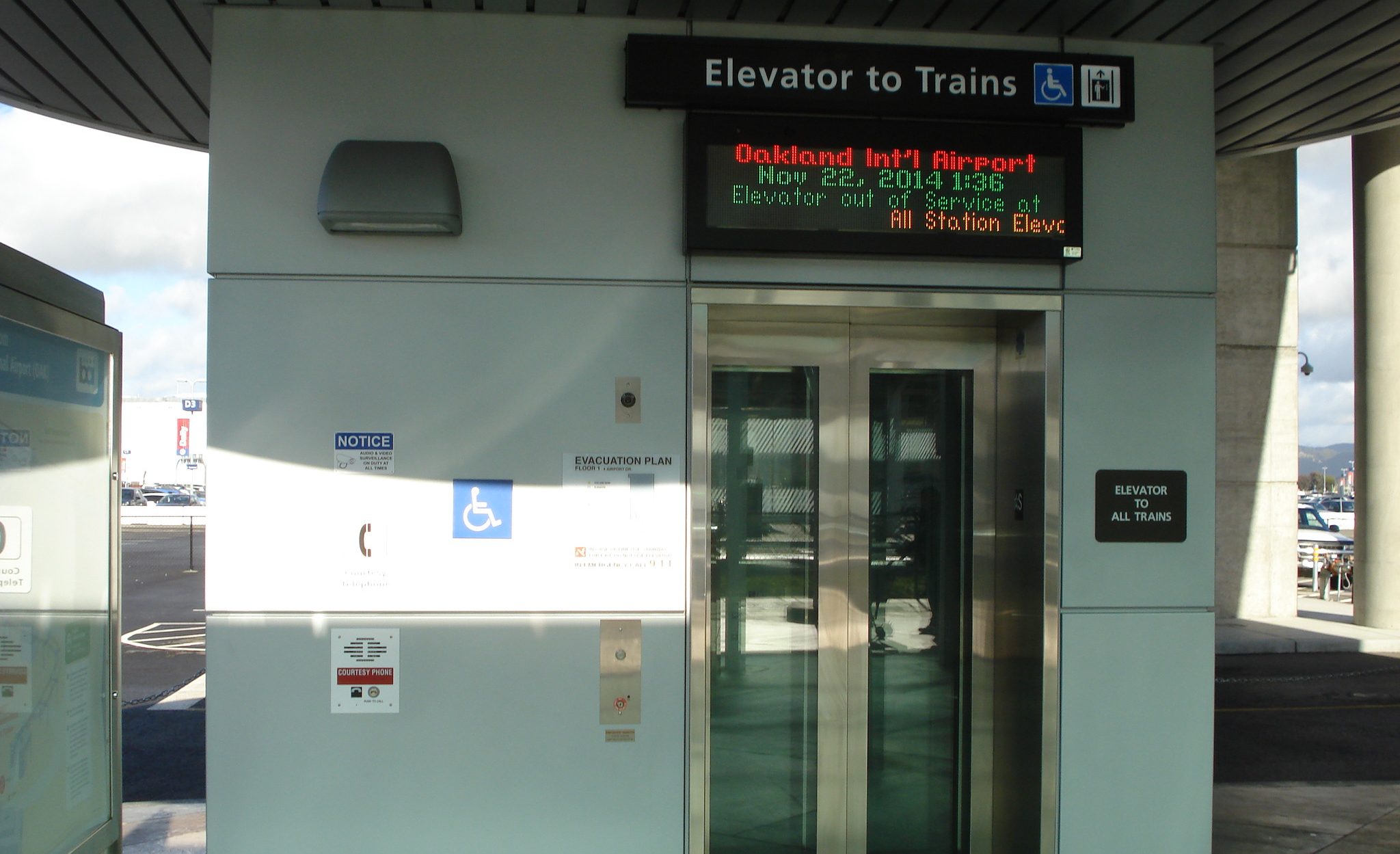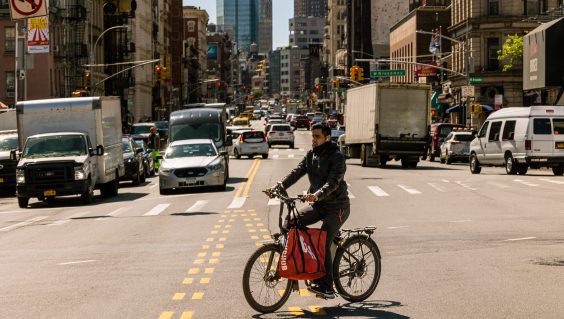What If Atlanta Taxed Parking to Keep Housing Affordable?

Atlanta has nine parking spaces (nine!) for every car. A tax on parking could fund both transit and below-market housing. Image via ThreadATL
Stay in touch
Sign up for our free newsletter
More from Streetsblog USA
Who’s to Blame for Tuesday’s Headlines?
David Zipper writes for Vox about the numerous policies that encourage "car bloat," from tax loopholes and tariffs to lax safety regs and unfair fuel economy standards.
Why Riders With Disabilities Have To Sue For Accessible Transit Stops
A Bay Area transit agency is only the latest to be sued over inaccessible stations. What will it take to get every American stop ADA compliant?
Monday’s Headlines Reconnect With Pete
More than $3 billion is flowing out of the White House to help correct infrastructure mistakes in Black communities.
‘Buy, Bully, Bamboozle’: Report Shows App Companies Threaten Democracy
App delivery companies seek to block worker-led improvements by spending big money on political influence, leveraging their data, and even co-opting progressive language, argues a new report that lands days before a national one-day strike by app-workers.
How the Myth that ‘100 Companies’ Are Responsible for Climate Change Hides the True Impact of Automobility
An influential report pins responsibility for the climate crisis to just a handful of oil, gas and cement producers. But who's buying what they're selling — and who's creating policy that makes many of those purchases functionally compulsory?




